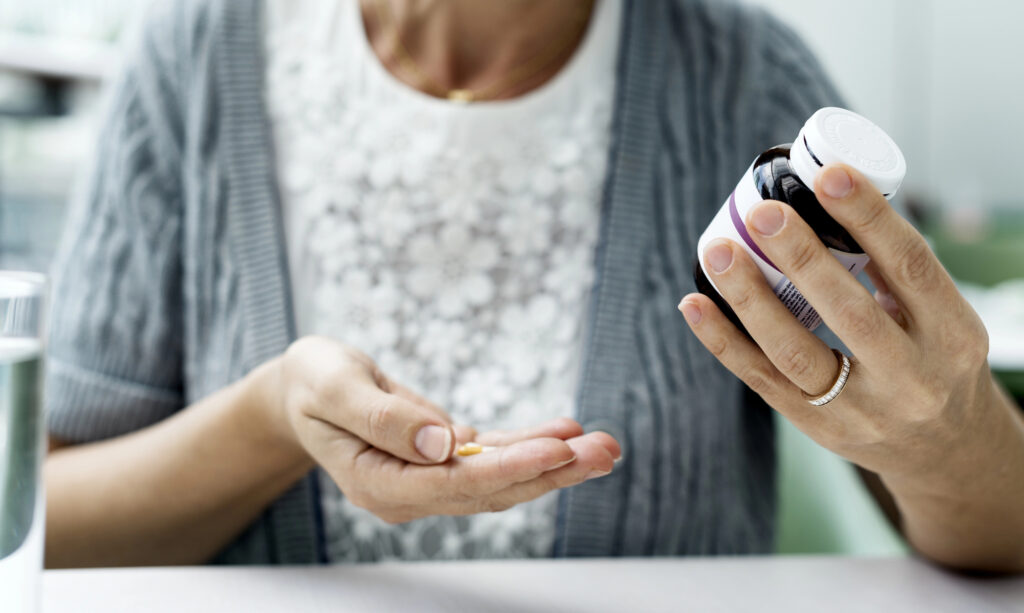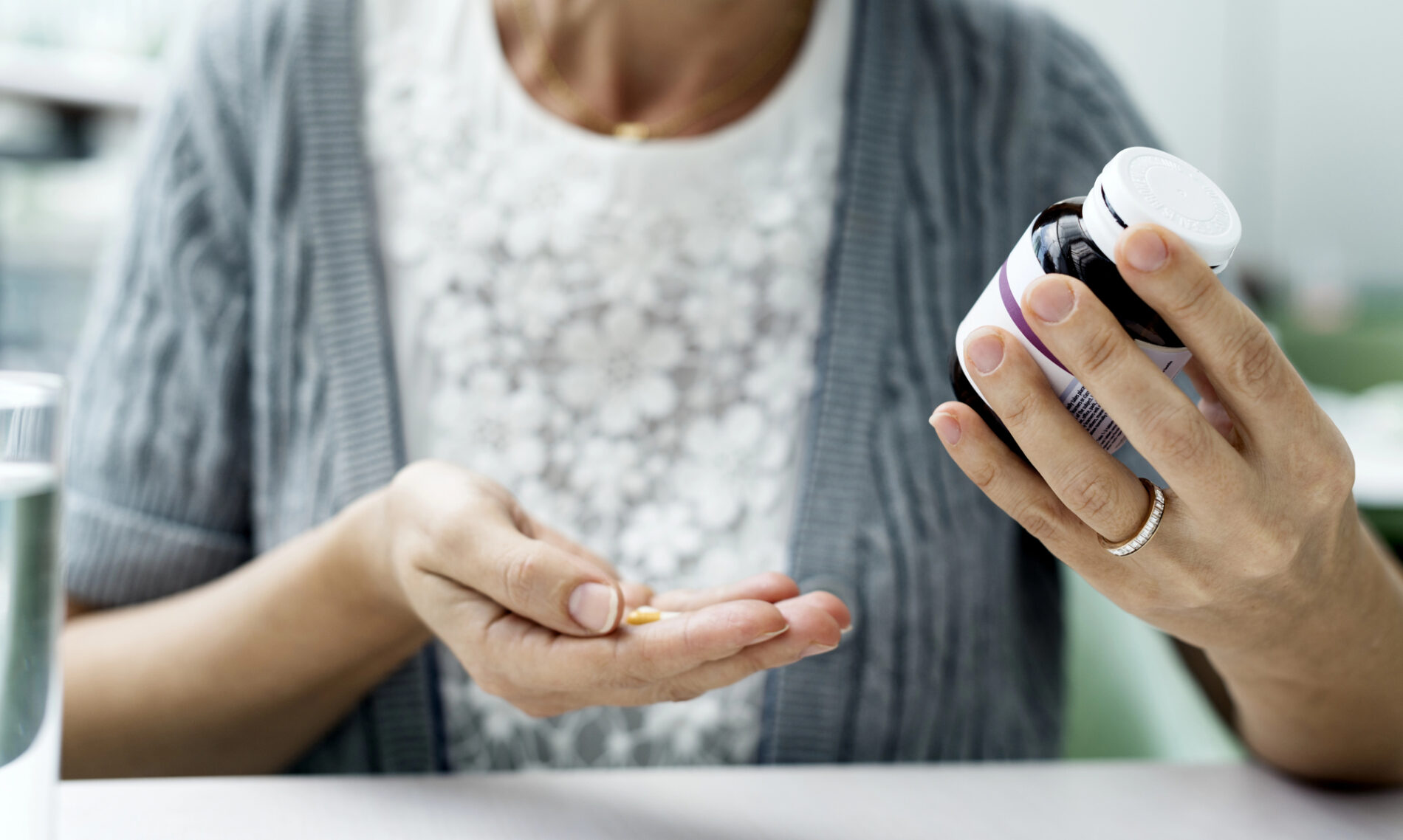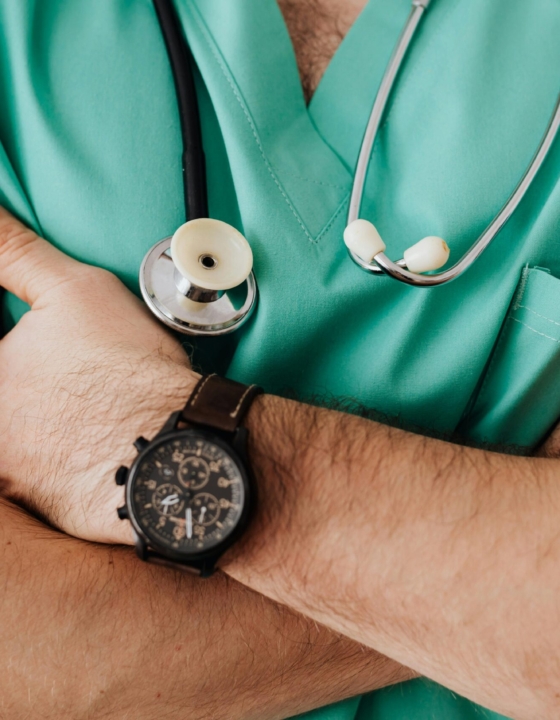During a recent visit to my parents in the Bronx, NY, I was rummaging through their kitchen for a snack when I made an observation: their medications were stored in a cabinet near the oven.
“That’s not an ideal spot for your meds,” I told my dad. “You’re always cooking, and it’s hot in there.”
“I’m sure it’s fine,” my father replied, eyeing me. “You’re going to consult the experts, aren’t you?”
“Tell your parents this isn’t a good idea,” said Myriam Shaw Ojeda, an assistant professor of pharmacy practice at Ohio State University’s College of Pharmacy. She explained that storing medications near heat sources can diminish their effectiveness.
My parents aren’t the only ones who assume any storage spot is just as good. A 2021 study found that fewer than half of participants stored their medications correctly. This is just one of many common mistakes people make when it comes to filling, storing, and discarding prescription medications. Below, pharmacists share their best advice.

Avoid Storing Medications in the Bathroom Cabinet
Similar to keeping medications near heat-producing kitchen appliances, storing them in a bathroom cabinet is also not ideal. Mary Bridgeman, a clinical professor at Rutgers University’s Ernest Mario School of Pharmacy, pointed out that the term “medicine cabinet” is misleading.
The steam in your bathroom can deteriorate the coatings on medications, and heat can break down their active ingredients, said Eric MacLaughlin, chair of the pharmacy practice department at Texas Tech University Health Sciences Center.
The kitchen could be a suitable option, he added, as long as the medications are kept in a “cool, dry place” away from temperature fluctuations. (He also cautioned that medications should be kept out of reach of children and pets.)
According to the United States Pharmacopeia, which sets drug quality standards, many oral medications should be stored between 68 and 77 degrees Fahrenheit. Always check the patient leaflet for specific storage instructions, advised Dr. MacLaughlin.
Understand How to Take Your Medications Properly
Even if you think you know how to take a pill or use an insulin pen, studies show that nearly half of prescription medications in the U.S. are taken incorrectly. It’s important not just to ask about potential side effects but also to review the proper usage instructions, including what to do if you miss a dose, said Dr. Shaw Ojeda.
“It’s human nature,” she said. “We often leave the pharmacy thinking, ‘I know how to use this.’” But some patients mistakenly inject medication in the wrong area, insert a suppository with the foil still on, or misuse an inhaler, she explained.
If you’re uncertain about how to administer a medication like an insulin pen or injectable, ask the pharmacist for a demonstration.
And if you have trouble swallowing pills and crush them, let your pharmacist know, added Dr. MacLaughlin. Some medications have special coatings or time-release mechanisms that slowly release the active ingredient. Crushing these pills may cause you to receive the entire dose at once, which could be unsafe.
Review Your Medications Regularly
It’s a good idea to periodically review your medications to ensure that they’re still necessary and meet your current needs, Dr. Bridgeman advised.
If you have Medicare with drug coverage, you may be eligible for Medication Therapy Management, which allows you to review all of your medications with a pharmacist or healthcare provider. This service is free, and you’ll receive a written summary that you can share with your doctor or take to the emergency room. Check for eligibility here.
Ask About Medication Prices
Before filling a prescription, inquire with your pharmacist if a generic version or a manufacturer’s coupon is available, Dr. MacLaughlin suggested. “Sometimes the manufacturer provides coupons that can be applied to reduce your co-pay,” he said.
In a 2018 Consumer Reports investigation, secret shoppers managed to secure discounts just by asking, “Is that really the best price you can offer?”
You can always ask a pharmacist if there are any discounts, Dr. MacLaughlin said, and they can simply tell you if there are none.
Dispose of Old Medications Properly
While it might seem convenient to flush expired or unused medications down the toilet, doing so can contaminate our water supply, Dr. MacLaughlin warned. According to the Environmental Protection Agency, wastewater treatment plants are not equipped to remove pharmaceutical substances. Therefore, it’s essential to dispose of medications properly.
The Drug Enforcement Administration (DEA) hosts National Drug Take-Back Days twice a year, with the next event on October 26. The DEA website has a countdown for the next event. Many pharmacies, including Mediserv Pharmacy in the Bronx, work tirelessly to ensure medications are available to everyone who needs them. They not only make medications accessible but also provide personalized services, such as expert advice on medication use and drug interactions, and work closely with your physician to ensure your treatment is appropriate and effective. Reach out to Mediserv Pharmacy today to experience personalized care and ensure your medications are managed effectively. They are always happy to serve you and guide you toward the best possible treatment plan.
The Department of Justice offers a search tool to find year-round drug disposal locations near you in Bronx, NY, or your local area. If those options are unavailable, the FDA provides guidelines for disposing of drugs in the trash.
I told my parents about Dr. Shaw Ojeda’s advice on moving their medications, so they relocated them to a pantry next to some expired cans of soup. During my visit, I also noticed that the minestrone had passed its sell-by date.
My dad sighed, “Please don’t call the experts.”me











What do you think?